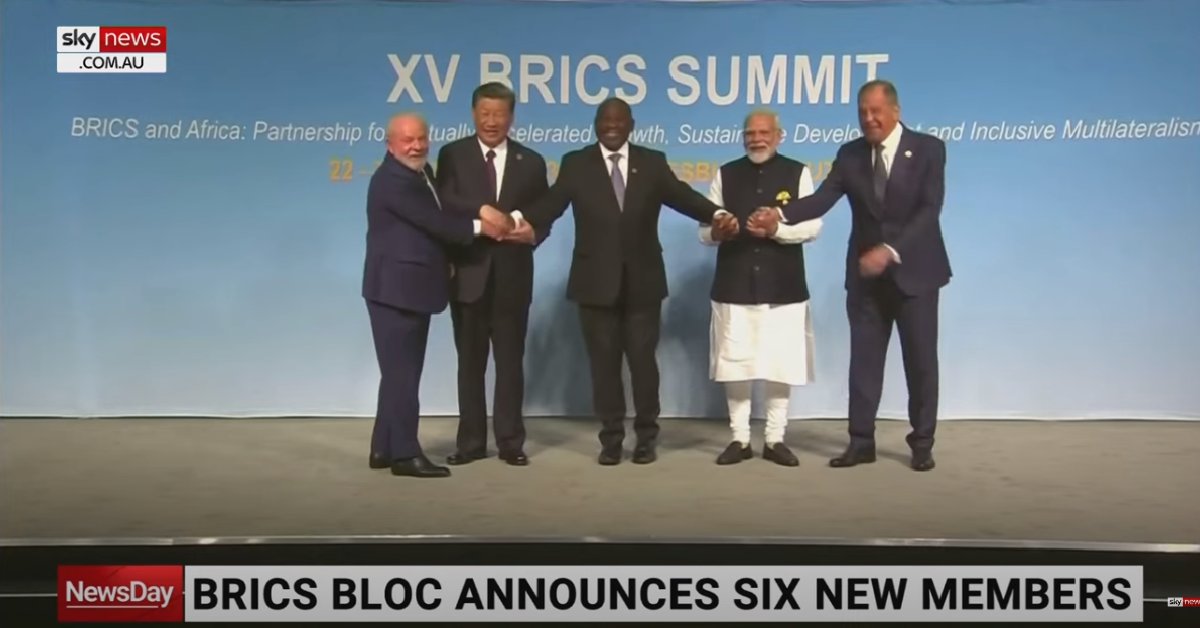By: Kent Engelke | Capitol Securities
The G-20 meeting is over.
I believe the two greatest issues facing the markets for the intermediate future is monetary policy and the normalization of the Fed’s balance sheet. Both events will have a direct impact on earnings and valuations.
Regarding monetary policy, in my view, the markets have been spoon fed by the FOMC essentially telegraphing its intentions for the proceeding year. This has now changed, reverting back to normalcy where the data will dictate policy.
In short, the Central Bank is signaling to investors a hard truth about relying upon contradictory economic data; there are no easy answers anymore. It is going to be choppy with perhaps surprises.
The FOMC is attempting to be flexible but such flexibility will create uncertainty.
Commenting about asset sales, the Federal Reserve is now doubling the number of security sales. How will such increases in bonds available for sale impact prices especially as demand for monies by the Federal government is rising?
Higher interest rates dictate lower equity valuations unless corporate cashflows rise at a greater rate to offset the negative impact of potentially higher rates.
And then there are earnings itself. How will trade and interest rates impact the profitability of the over-owned and highly-valued technology shares? FAANG is down about 25% from its early October peak, the result of earnings that did not meet sky-high expectations.
According to the Consumer Technology Association, approximately 80% of US cell phones and 92% of US tablets and laptops are imported from China.
As noted many times, FAANG comprises a large minority of the popular indices capitalization. Late last week, legendary Vanguard Chairman John Bogle stated that he is expecting a 1.75% total annual return in a 50/50 blended account over the next decade. His rationale is similar to the concerns above; lofty valuations, massive over-ownership, rising interest rates, shrinking margins and trade concerns.
Change is the only certainty, however, I believe the financial markets are not prepared to handle change given the massive proliferation of passive investing which by definition states that past performance will be indicative of future performance. The big get bigger and the small get smaller unless there is some event that disrupts preconceived expectations.
As indicated above, the Fed has jumped off its predictable path into a policy of wilderness. Expectations will change. How will such changes be viewed?
This week is a data-filled week that can alter expectations. There are numerous employment reports, manufacturing and non-manufacturing surveys and various trade statistics. Moreover, there are some second-tier technology companies posting results as well as an OPEC meeting.
How will all be interpreted?
Last night the foreign markets were up. London was up 1.76%, Paris was up 1.06% and Frankfurt was up 2.27%. China was up 2.57%, Japan was up 1.0% and Hang Sang was up 2.55%.
The Dow should open sharply higher on the trade truce. Oil is up a 5% as Saudi Arabia and Russia extended their pact to manage the market and Canada’s largest producing province ordered unprecedented output cuts. The 10-year is off 13/32 to yield 3.04%.

















